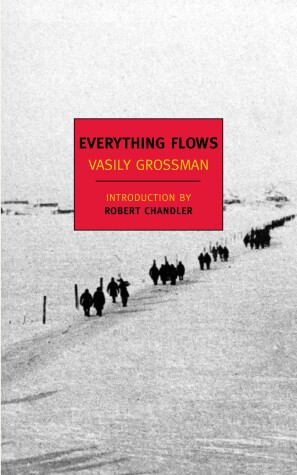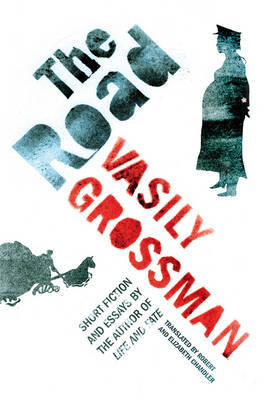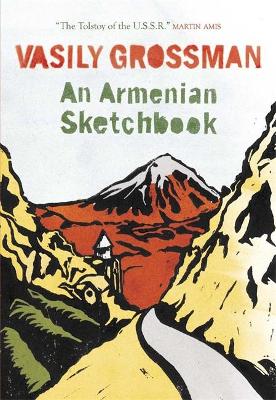New York Review Books Classics
4 total works
Everything Flows is Vasily Grossman’s final testament, written after the Soviet authorities suppressed his masterpiece, Life and Fate. The main story is simple: released after thirty years in the Soviet camps, Ivan Grigoryevich must struggle to find a place for himself in an unfamiliar world. But in a novel that seeks to take in the whole tragedy of Soviet history, Ivan’s story is only one among many. Thus we also hear about Ivan’s cousin, Nikolay, a scientist who never let his conscience interfere with his career, and Pinegin, the informer who got Ivan sent to the camps. Then a brilliant short play interrupts the narrative: a series of informers steps forward, each making excuses for the inexcusable things that he did—inexcusable and yet, the informers plead, in Stalinist Russia understandable, almost unavoidable. And at the core of the book, we find the story of Anna Sergeyevna, Ivan’s lover, who tells about her eager involvement as an activist in the Terror famine of 1932–33, which led to the deaths of three to five million Ukrainian peasants. Here Everything Flows attains an unbearable lucidity comparable to the last cantos of Dante’s Inferno.
Few writers had to confront so many of the last century's mass tragedies as Vasily Grossman. He is likely to be remembered, above all, for the terrifying clarity with which he writes about the Shoah, the Battle of Stalingrad and the Terror Famine in the Ukraine.
An Armenian Sketchbook, however, shows us a very different Grossman; it is notable for its warmth, its sense of fun and for the benign humility that is always to be found in his writing.
After the 'arrest' - as Grossman always put it - of Life and Fate, Grossman took on the task of editing a literal Russian translation of a lengthy Armenian novel. The novel was of little interest to him, but he was glad of an excuse to travel to Armenia. This is his account of the two months he spent there.
It is by far the most personal and intimate of Grossman's works, with an air of absolute spontaneity, as though Grossman is simply chatting to the reader about his impressions of Armenia - its mountains, its ancient churches and its people.



